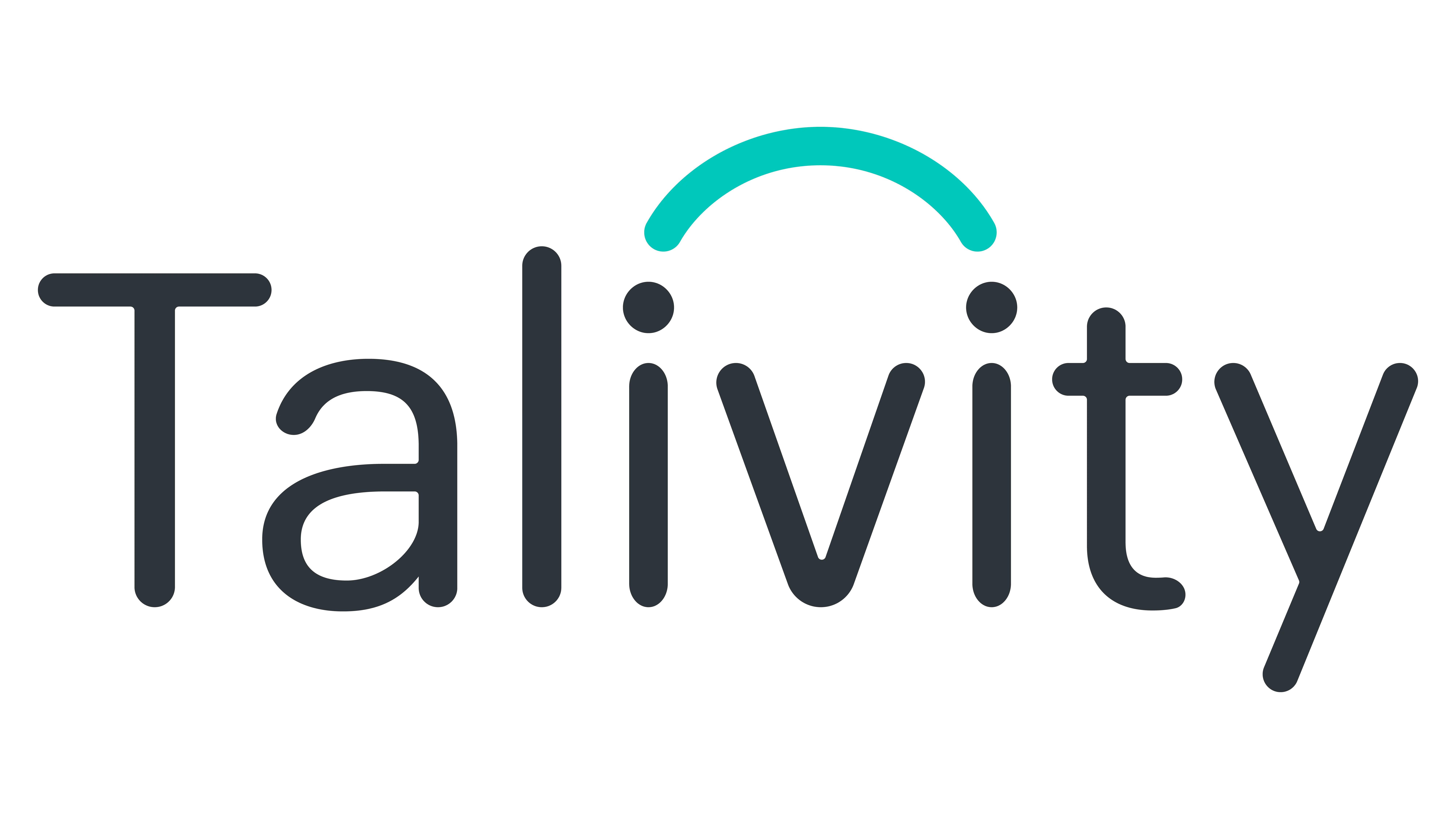
Find the right solution for your business.
Explore SolutionsTo get our content delivered to your inbox, subscribe to our newsletter here. It’s free!
This is the first article recapping the themes presented at the 2024 World Economic Forum. The first theme was “Artificial Intelligence as a Driving Force for the Economy and Society,” featuring prolific discussions around its economic, societal and ethical ramifications from the top global leaders in AI and technology.
For recruitment marketing professionals navigating AI’s ascension, the insights prove invaluable.
Technology in a Turbulent World
A prominent panel on AI technology, titled “Technology in a Turbulent World,” included OpenAI CEO Sam Altman, Senator Mike Rounds, IBM CEO Arvind Krishna and Salesforce CEO Marc Benioff, amongst others.
Senator Rounds called attention to AI’s influential role in defense strategies, stating its military implementations provide “a leg up.”
Meanwhile, Krishna predicted a $4 trillion annual AI productivity boost this decade—a projection promising sizable efficiency gains in recruitment processes. However, Benioff warned of excessive trust in AI systems with imperfect reliability. He advised transparency around capabilities to appropriately calibrate usage and expectations.
“Trust and understanding tools’ limitations becomes vital. People can utilize flawed systems productively if aware of boundaries,” Benioff noted.
Generative AI as the Steam Engine of Progress
Another crucial panel, named “Generative AI as the Steam Engine of Progress,” positioned AI as an epoch-defining innovation likened to electricity or the steam engine.
Accenture CEO Julie Sweet declared unambiguously: “It is the steam engine.”
Qualcomm CEO Cristiano Amon concurred AI constituted a universal “Computing Revolution.” Speakers emphasized responsible and ethical development to spread benefits equitably worldwide.
Drawing parallels to seismic economic shifts catalyzed by past technological leaps, Amon’s assertions indicate AI may drastically reshape talent acquisition. As transformations emerge, adaptability and continuous skill expansion appear vital.
Ethics in the Age of AI
An ethics discussion led by philosopher Michael Sandel, titled “Ethics in the Age of AI,” provoked examinations of resurrecting deceased performers digitally. Actor Michael B. Jordan questioned the “authenticity” of utilizing technology to mimic uniquely human attributes.
The exchange spotlights AI’s limitations in replicating genuine emotional connections, reminding recruitment specialists that intricacies of human judgment remain beyond replication. While AI can streamline analytical hiring functions, the inherent empathy and intuition underpinning talent acquisition resist automation.
Sandel concluded that efficiency gains warrant balancing with “values beyond convenience,” emphasizing AI should augment, not supplant, distinctly human strengths.
Responsible and Ethical AI
Persistent across sessions were qualms about public and private implementations keeping pace with AI’s rapid progression. However, most concur international cooperation and guidelines allow realizing immense shared upsides if focused on the social good. Speakers routinely framed AI as a tool for expanding access to knowledge, reducing inequality, and raising living standards globally.
Microsoft President Brad Smith encapsulated the ethos on a panel about AI regulation: “Build that solid foundation, make sure the quality is predictable and effective…then reach for the stars.”
The discussions equally underline AI’s risks if unchecked or misapplied. But panelists expressed confidence that ethical development and governance could mitigate downsides through continuous input from diverse societal voices.
Key Implications for Recruitment Marketing
With AI infiltrating all economic sectors, its recruiting uses appear destined for marked growth. Still, deployments demand balancing proficiency gains against core human values. Fostering candidate transparency, dignity and agency remains vital.
Speakers predict seismic productivity shifts as AI assimilation continues—likely requiring recruitment marketing professionals to regularly reassess strategies. Maintaining acute ethical awareness and prioritizing empathy while expanding competence in cutting-edge optimizations would enable practitioners to surf the AI wave most effectively.
Above all, the Davos discussions signaled a vital need for recruitment specialists to stay actively embedded within AI policy dialogues, directing evolutions constructively rather than reactively. With conscientious and cooperative guidance, AI’s emerging power stands primed to elevate sourcing, matching and nurturing top-tier talent.
For a comprehensive list of talent acquisition and recruitment marketing tools with integrated AI, along with many other tools to help with your hiring efforts, visit our marketplace now.

